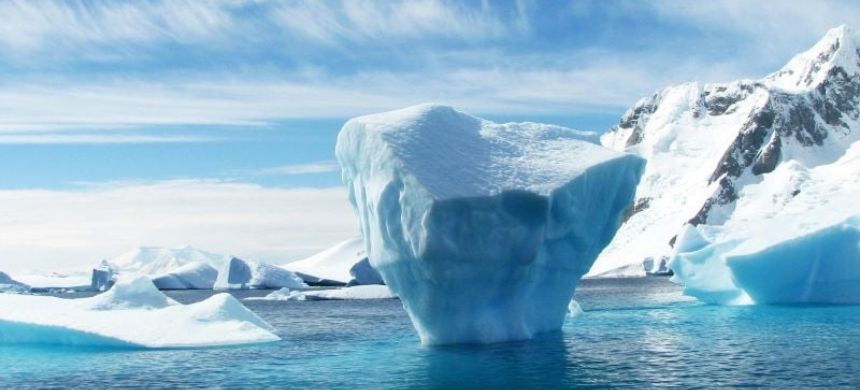Nearly 1,500 experts in Antarctica, including academics, researchers, and scientists, gathered in southern Chile for the 11th Scientific Committee on Antarctic Research conference. They shared cutting-edge findings across various scientific disciplines, including geology, biology, glaciology, and even the arts. However, a significant concern dominated the discussions: Antarctica is changing, and it’s happening faster than expected.
Researchers no longer presented extreme weather events as theoretical possibilities but rather shared firsthand accounts of heavy rainfall, intense heatwaves, and sudden Foehn winds at research stations. These events have led to mass melting, glacier break-offs, and dangerous weather conditions, all with potential global consequences.
Also Read: Boeing’s Starliner Returns Uncrewed as NASA Chooses SpaceX for Astronaut Recovery
Scientists are now grappling with the question of whether these observations indicate that Antarctica has reached a tipping point—a stage where accelerated and irreversible sea ice loss from the West Antarctic ice sheet may be occurring. With only about 40 years of detailed weather station and satellite data, the uncertainty remains.
Liz Keller, a paleoclimate specialist from Victoria University of Wellington in New Zealand, emphasized this uncertainty, noting the difficulty in determining whether the current trends signify a temporary fluctuation or a more permanent decline in sea ice. NASA estimates that the Antarctic ice sheet contains enough ice to raise global sea levels by up to 58 meters, a concerning statistic given that about a third of the world’s population lives below 100 vertical meters of sea level.
Keller also highlighted the unprecedented rate of change, pointing out that the rise in CO2 levels seen over thousands of years in the past is now occurring within just a century. Mike Weber, a paleooceanographer from Germany’s University of Bonn, who specializes in Antarctic ice sheet stability, added that sediment records dating back 21,000 years show similar periods of accelerated ice melt, further underscoring the urgency of understanding and addressing these changes.











